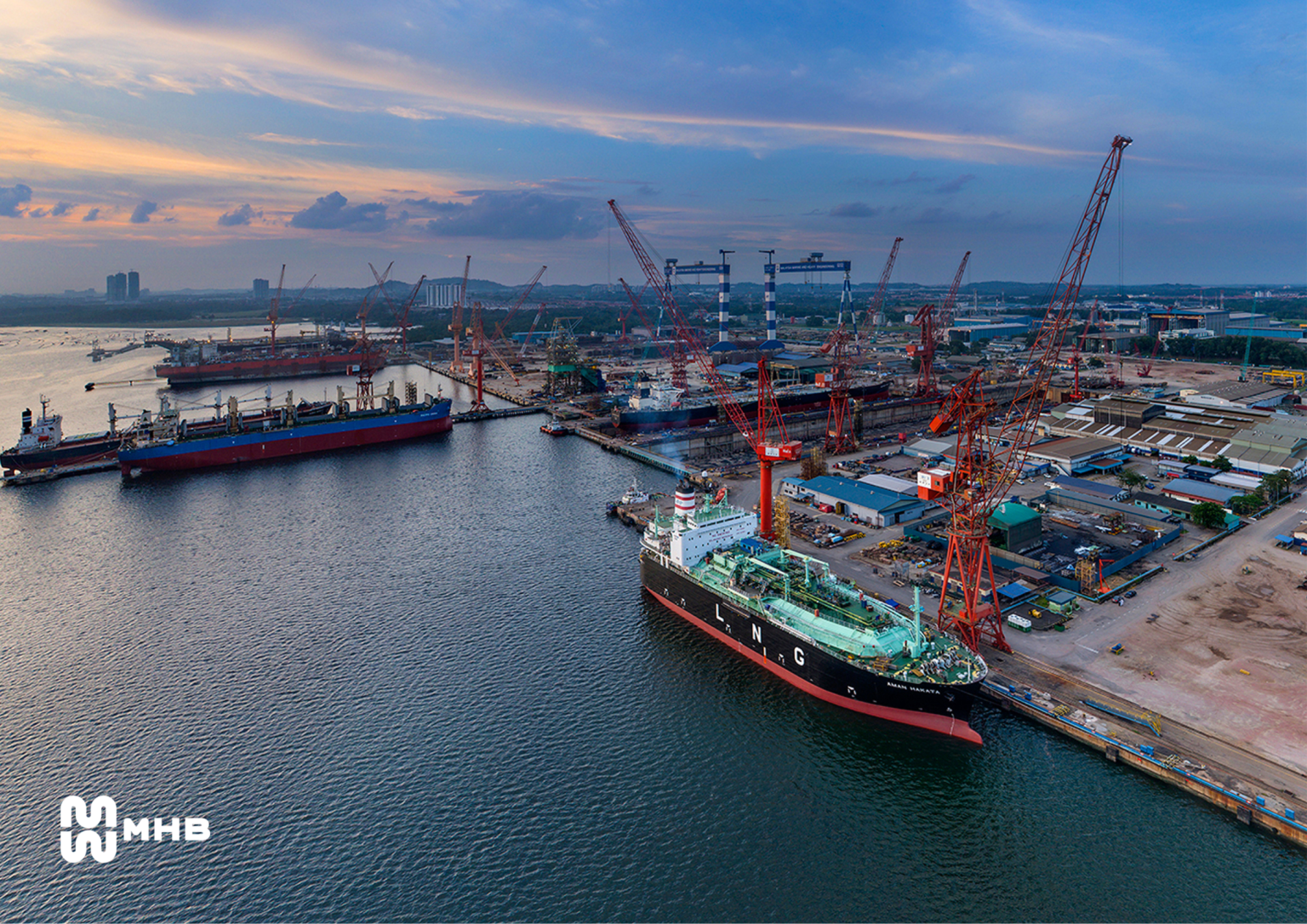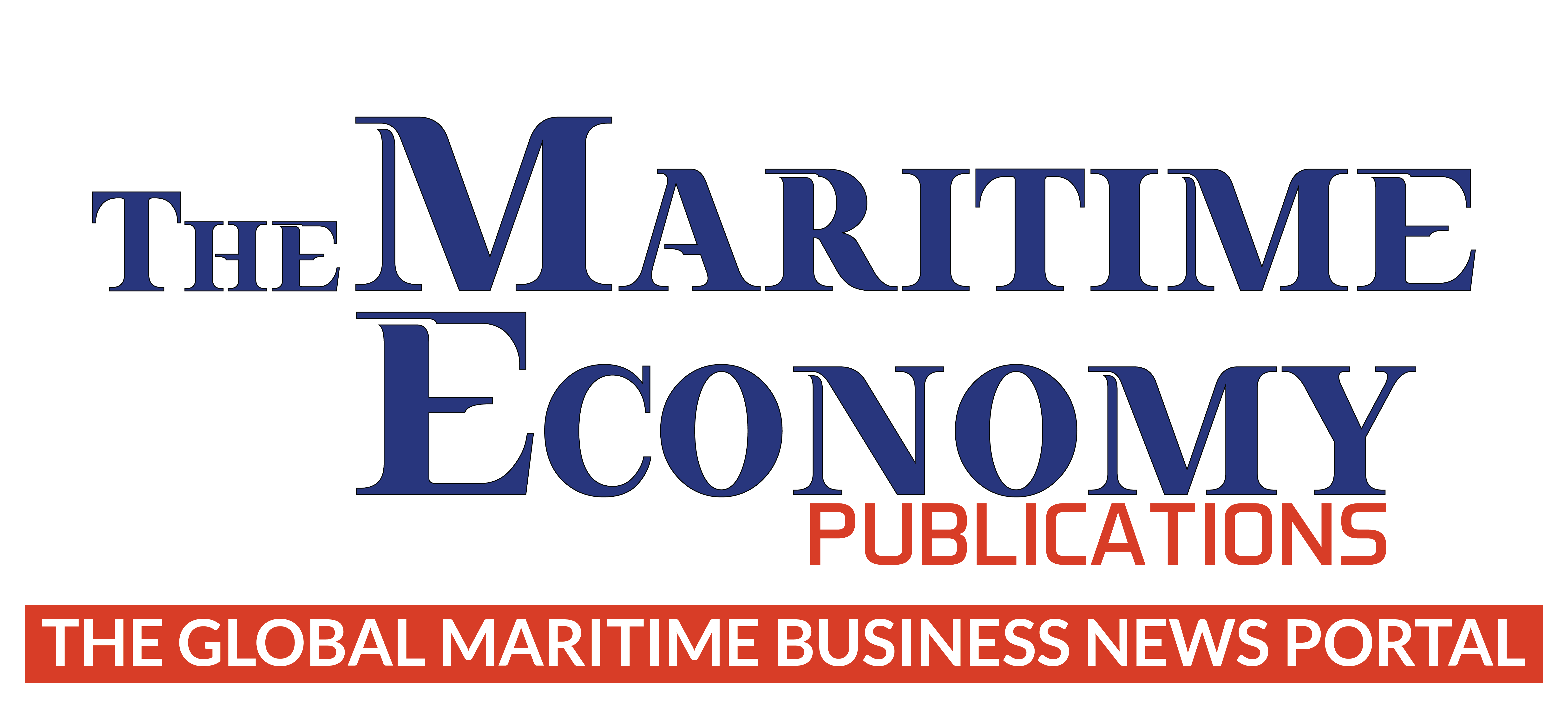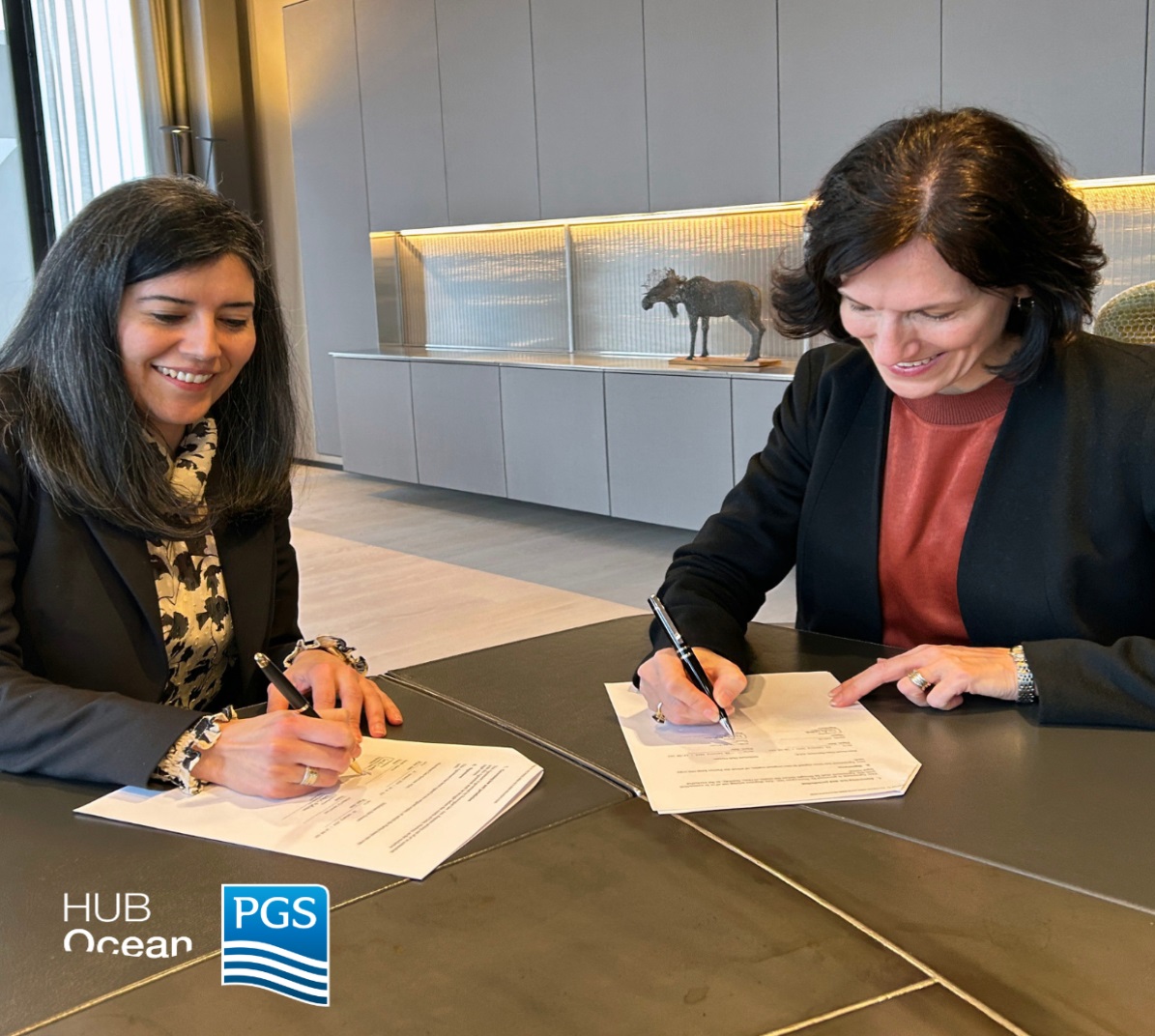MHB Awarded the EPCIC Alliance for Kasawari Carbon Capture & Storage (CCS) Project

MHB Awarded the EPCIC Alliance for Kasawari Carbon Capture & Storage (CCS) Project from PETRONAS Carigali Sdn Bhd.
Once completed, the project will be
- the world’s largest offshore CCS project by volume of CO2 captured
- the first CCS project in Malaysia
Malaysia Marine and Heavy Engineering Sdn Bhd (MMHE), a wholly owned subsidiary of Malaysia Marine and Heavy Engineering Holdings Berhad (MHB), has secured a contract from PETRONAS Carigali Sdn Bhd (PCSB) to undertake the Engineering, Procurement, Construction, Installation and Commissioning (EPCIC) services for the Kasawari Carbon Capture & Storage (CCS) project, off the coast of Sarawak, offshore Malaysia. MMHE was awarded the Front-End Engineering Design (FEED) Contract in a FEED competition mode for this project early this year.
The EPCIC contract includes the construction of a 14,000-metric tonne (MT) topside, a 15,000-MT 8-legged jacket of Kasawari CCS platform and a bridge linking to the Kasawari Central Processing Platform (CPP). Upon completion, the platform will be installed in a water depth of 108 metres (m) within SK316 area, approximately 200 kilometres (km) offshore from PETRONAS LNG Complex in Bintulu, Sarawak.
Once completed, the Kasawari CCS project will be the largest offshore CCS project in the world by volume of carbon dioxide (CO2) captured, with the ability to capture up to 3.3 million tonnes per annum of CO2. A total of about 71 to 76 million tonnes of CO2 from the Kasawari CCS project will be reinjected into the M1 field via pipeline, which is approximately 138 km away from the platform. Additionally, this facility will also be the world’s largest offshore platform fabricated to capture and store carbon. The Kasawari CCS project, the first ever CCS project in Malaysia, is scheduled to start up by the end of 2025 and will be part of the overall Kasawari Gas Development Project.
This contract is an alliance contract between MMHE and PCSB to execute the EPCIC scope of Kasawari CCS.
About Kasawari Gas Development Project
In 2019, MHB was awarded with a contract from PCSB to undertake the EPCIC works for the Kasawari Gas Development project phase one, which comprises the Kasawari CPP, Wellhead Platform (WHP), and a Flare Structure together with two bridges linking the CPP to the WHP and the Flare Structure.
Kasawari CPP is currently being fabricated at MMHE West Yard, Pasir Gudang, Johor and is scheduled to loadout in early 2023, while Kawasari WHP Jacket and Topside have been completed and installed at the site location in 2021.
Kasawari field development is operated by PCSB, the operator of SK316 Block.
Quote by MD & CEO of MHB
Pandai Othman, Managing Director & Chief Executive Officer of MHB said, “We are honoured and thrilled to be entrusted with this Kasawari CCS project by our long-standing partner, PCSB. This contract award demonstrates PCSB’s continued confidence in our capability to produce the desired results. As this contract was won based on a FEED competition, it is also a testament to our cost competitiveness in delivering integrated EPCIC solutions to our customers.
The award of this contract has increased the order book of MHB to RM6.6 billion, one of the highest ever in our history which signifies the recovery of the oil and gas industry after a long slow down period since 2014 and throughout the pandemic era.
I would like to congratulate PETRONAS as the frontier of the world’s largest offshore CCS project which is also going to be the first CCS project in Malaysia. MHB is proud to be supporting PETRONAS as we embark on our journey in this CCS segment through this collaborative partnership.”
“Backed by our more than 45-year track record, we are on board with PETRONAS to build a sustainable portfolio with innovative solutions to produce energy responsibly. With the Kasawari CCS platform, this will support PETRONAS’ Sustainability Agenda and drive PETRONAS’ Carbon Commitment and GHG emissions target by reducing carbon emissions and zero continuous flaring and venting.
This very first step for MHB in the CCS segment will further fortify MHB’s commitment and effort in offering cleaner solutions and supporting our stakeholders’ Sustainability mission across future decarbonisation projects and energy transition,” he added.

